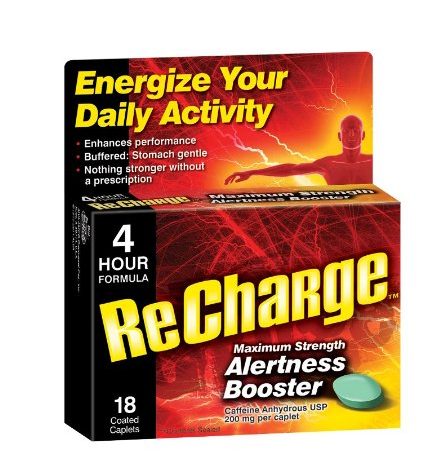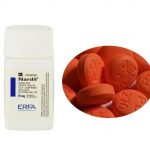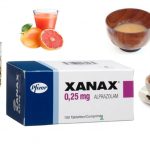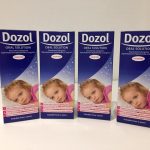Pep-Back Recharge (Oral): Uses, Dosage, Side Effects, Foods to Avoid

Pep-Back Recharge oral is a medication that contains anhydrous caffeine a more concentrated and potent form of caffeine obtained through specific laboratory processes, that include filtering out the water and other chemical components.
According to the product description, Pep-Back Recharge oral is a prompt, effective and convenient way to temporarily relieve simple tiredness, drowsiness, and fatigue due to overwork, extended studying, driving. Pep-Back Recharge caplets provide continuous, uninterrupted alertness action to help one feel more alert.
How long does it take for Pep-Back Recharge to kick in?
The effect of Pep-Back Recharge can be observed within 15 to 45 minutes of administration of the dose.
How long does the effect of Pep-Back Recharge last?
The amount of time for which this medicine remains active in the body is not clinically established.
What is the best time to take Pep-Back Recharge?
The best time to take Pep-Back Recharge is in the morning. Taking them in the late afternoon or evening may impact sleep. It can take 4–6 hours for the body to metabolize half the caffeine they take in.
How is Pep-Back Recharge oral taken?
The recommended dose of anhydrous caffeine for healthy adults according to the FDA is 200-400 mg per day. As you consume the same amount of caffeine on a daily basis, your body develops a tolerance to it. Other factors like your age, body mass, and overall health can determine your tolerance to caffeine, too. If you want to decrease the amount of caffeine you take, it’s best to decrease your consumption slowly.
What are the signs of an overdose?
Chest pain and a rapid heartbeat may be symptoms of consuming too much Pep-Back Recharge.
Excessive Pep-Back Recharge intake can lead to intoxication. The symptoms of too much caffeine include:
• vomiting
• rapid heartbeat
• chest pain
• disorientation
• seizures
• death
Although these side effects are severe, caffeine toxicity is very unlikely with moderate consumption of caffeine in food and beverages.
Toxicity is more likely with anhydrous caffeine though, particularly when it is in a pure powdered form as this is difficult to measure accurately.
Pregnancy
This medicine is not recommended for use in pregnant women unless absolutely necessary. Discuss all the risks and benefits with your doctor before taking this medicine.
Breast-feeding
This medicine is not recommended for use in breastfeeding women unless absolutely necessary. Discuss all the risks and benefits with your doctor before taking this medicine.
What drugs and food should I avoid while taking Pep-Back Recharge(Oral)?
While taking Pep-Back Recharge, avoid foods or drinks containing caffeine including:
- Black tea
- Chocolate
- Coffee
- Cola
- Energy bars
- Energy drinks
- Green tea
- Hot chocolate
Note: Migraine medications, other medications, and some supplements may also contain caffeine and should be avoided.
What are the side effects of Pep-Back Recharge?
Heavy use of supplements or medications like Pep-Back Recharge may cause side effects that include headaches, restlessness, and trouble sleeping.
The severity of the side effects will depend on the person’s tolerance to caffeine, which will vary according to body size, average consumption levels, medications, and even genetics.
Common side effects of heavy caffeine use include:
- headaches
- trouble sleeping
- restlessness
- anxiety
- nausea or lack of appetite
- diarrhea
This is not a complete list of side effects and others may occur. Call your doctor for medical advice about side effects. You may report side effects to FDA at 1-800-FDA-1088.
General warnings
Use in pediatrics
This medicine is not recommended for use in patients below 12 years of age since the safety and efficacy of use are not clinically established.
Liver impairment
This medicine should be used with caution in patients with liver impairment due to the increased risk of worsening of the patient’s condition. Appropriate dose adjustments or replacement with a suitable alternative may be required in some cases based on the clinical condition.
Renal impairment
This medicine should be used with caution in patients with renal impairment due to the increased risk of worsening of the patient’s condition. Appropriate dose adjustments or replacement with a suitable alternative may be required in some cases based on the clinical condition.





